Certain American foods face bans in various countries due to differing regulations and health concerns. This blog post explores 17 such foods, shedding light on why they are not welcome elsewhere.
Mountain Dew
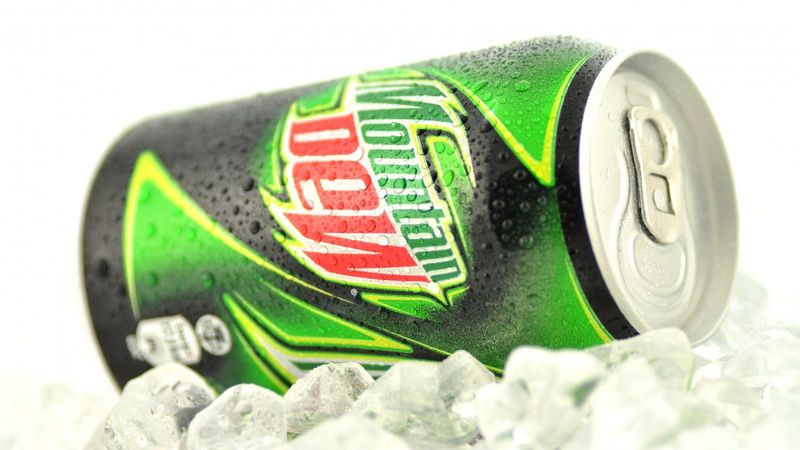
Mountain Dew, with its iconic neon hue and citrusy sweetness, is a staple in American beverage culture. Known for its high caffeine content and bold flavor, it has garnered a dedicated fan base. However, the presence of brominated vegetable oil (BVO) in Mountain Dew has led to its ban in several countries, including the European Union. BVO, used to stabilize flavors, is linked to health issues when consumed in large quantities.
This additive, coupled with the soda’s high sugar content, has raised concerns about its impact on health, leading to restrictions in various regions.
Ritz Crackers
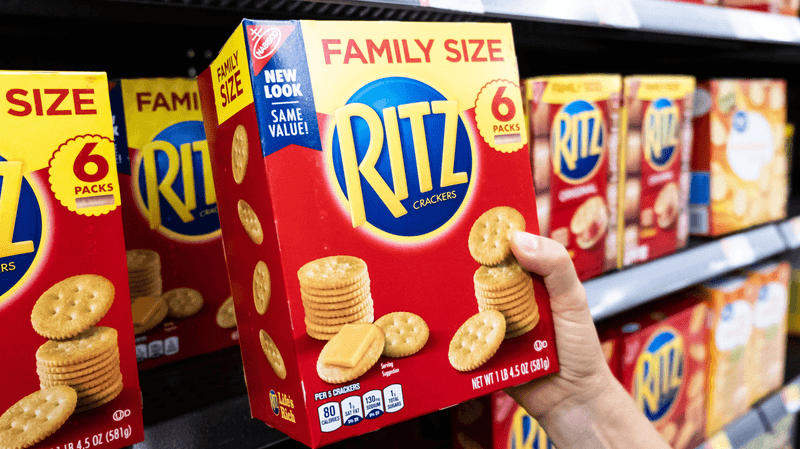
Ritz Crackers, known for their buttery flavor and delicate crunch, are a beloved snack in America. However, their inclusion of partially hydrogenated oils, a source of trans fats, has led to bans in countries like Switzerland.
Trans fats are associated with increased risk of heart disease, prompting some governments to restrict foods containing them. This measure aims to improve public health by reducing consumption of harmful fats found in processed foods. Despite their savory appeal, Ritz Crackers’ ingredients have become a topic of concern overseas.
Skittles
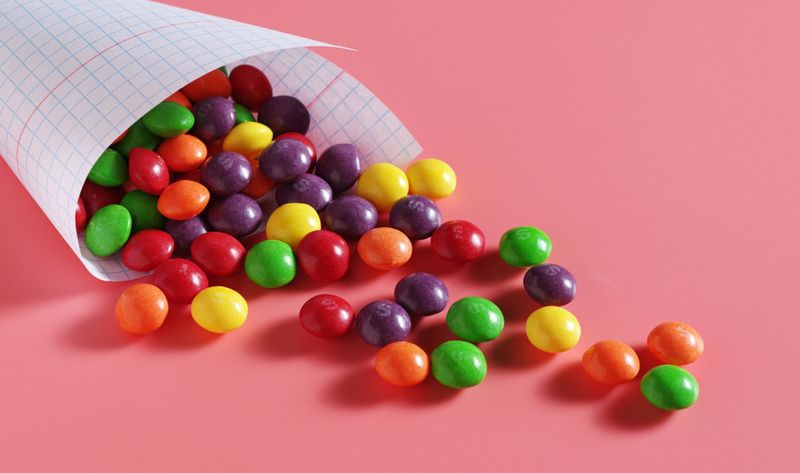
Skittles, with their catchy slogan “Taste the Rainbow,” are a favorite candy for many. Yet, their vibrant colors come from artificial dyes like Yellow 5 and Red 40, banned in countries such as Norway and Sweden.
These dyes have been linked to behavioral issues in children, leading to scrutiny and restrictions abroad. Skittles’ appeal lies in their fruity flavors and cheerful appearance, but health concerns over synthetic ingredients have led to them being forbidden in certain places, despite their ubiquitous presence in the U.S.
Artificial Food Dyes

Artificial food dyes, prevalent in many American processed foods, add appealing colors to products like candies and cereals. These synthetic additives, however, are subject to bans in the European Union due to health concerns.
Studies have linked certain dyes to behavioral problems in children and potential carcinogenic effects, prompting stricter regulations overseas. While they contribute to the visual allure of foods, the health risks associated with these dyes have led to a push for natural alternatives. The debate over their safety continues, with some countries opting for caution.
Farmed Salmon
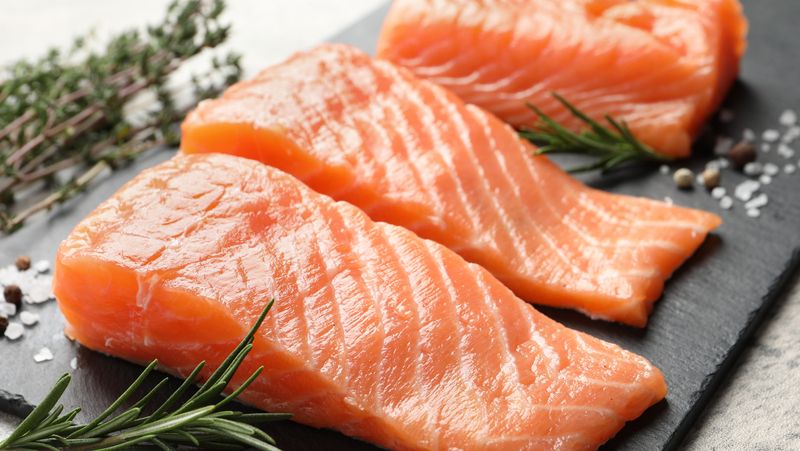
Farmed salmon, a popular choice in American seafood cuisine, faces bans in countries like Australia. Concerns arise over the use of synthetic astaxanthin to enhance the fish’s pink color.
This artificial coloring, along with antibiotics used in farming practices, raises health and environmental issues. While farmed salmon offers an accessible protein source, its production methods have led to restrictions elsewhere, as countries prioritize food safety and sustainable practices. The debate over farmed versus wild-caught fish continues to influence global seafood policies.
Froot Loops
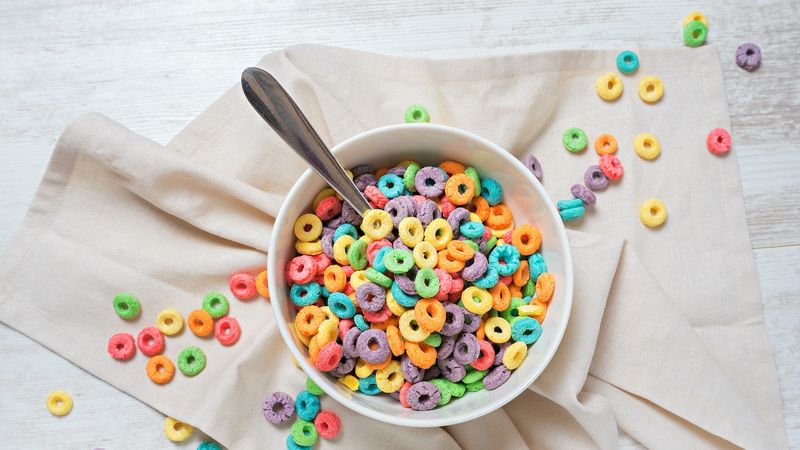
Froot Loops, the rainbow-hued cereal loved for its fruity taste, often greets American breakfast tables with a burst of color. Despite its popularity, some countries have banned it due to artificial colors and additives. Ingredients like Yellow 5 and Red 40, linked to hyperactivity in children, are restricted in countries such as Austria and Norway.
These concerns over synthetic dyes, coupled with its sugar content, have made Froot Loops a subject of health scrutiny. While loved for its taste and nostalgia, the cereal’s ingredients pose challenges to international acceptance.
American Pork
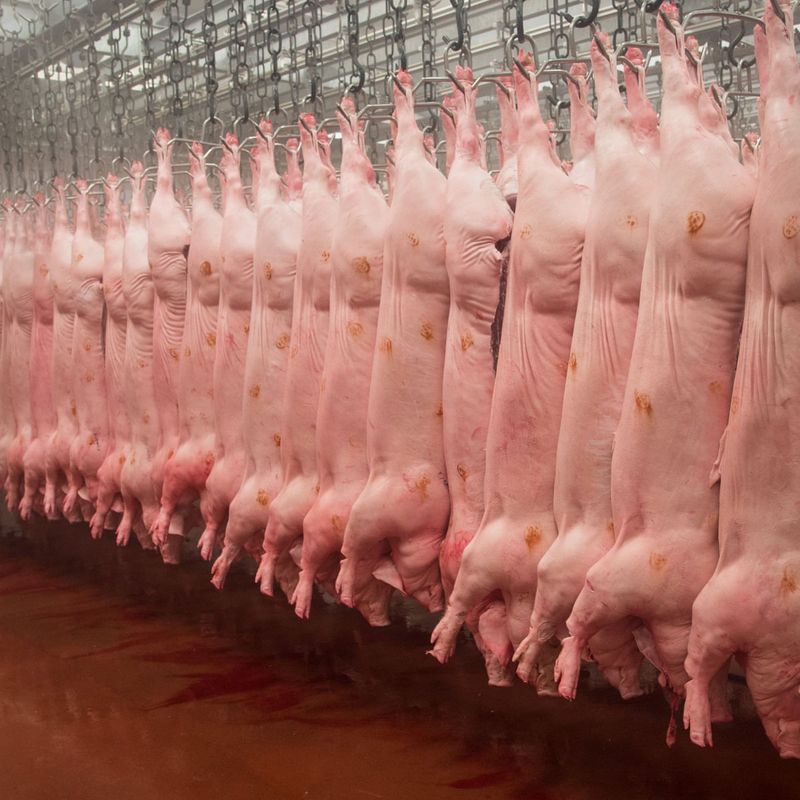
American pork, a staple in many diets, is banned in countries like the European Union due to ractopamine. This feed additive promotes leanness in animals but is linked to health risks in humans.
Concerns over its safety have led to bans as countries prioritize consumer health. While American pork is known for its flavor and versatility, the presence of ractopamine in production has drawn international scrutiny. Efforts to balance agricultural practices with global trade standards are ongoing, reflecting differing approaches to food safety.
Potassium Bromate in Bread

Potassium bromate, used in American bread to improve dough strength and rise, is banned in countries like the EU and Canada. This chemical additive has been linked to cancer in lab animals, prompting international caution.
While it helps achieve the perfect loaf, health agencies abroad have raised concerns about its safety. The debate over potassium bromate highlights the balance between food quality and consumer health, leading to its exclusion from products in certain regions. The quest for safer alternatives continues as countries reassess food additive regulations.
American Beef
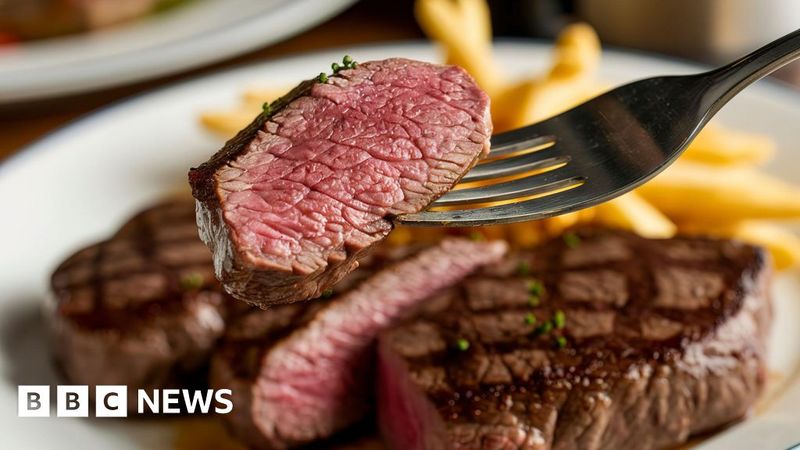
American beef, celebrated for its rich flavor and marbling, is banned in the EU due to growth hormones used in cattle rearing. These hormones, intended to increase production efficiency, have raised health and ethical concerns.
The EU’s precautionary stance reflects its commitment to consumer safety, despite American beef’s culinary appeal. The ban underscores differing agricultural practices and food safety standards, as countries navigate the complexities of global food trade. Balancing industry innovation with public health remains a key challenge in international food policy.
US-Origin Blackberries
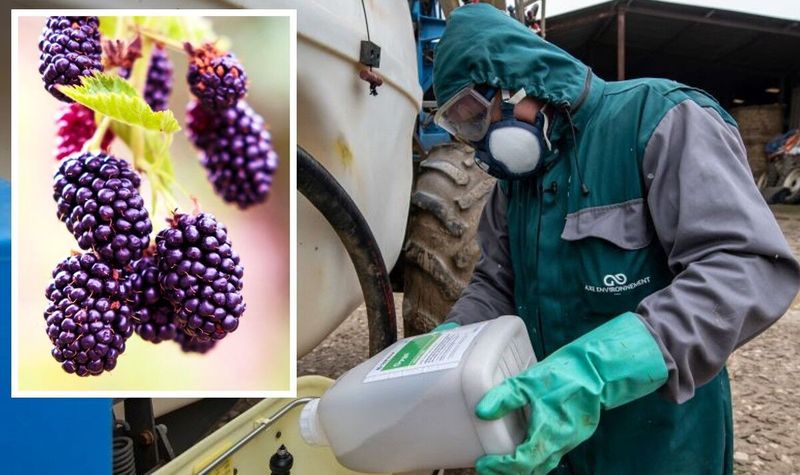
US-origin blackberries, rich in flavor and nutrients, face bans in some countries due to pesticide residue concerns. These agricultural chemicals, aimed at enhancing crop yield, have prompted health and environmental scrutiny abroad.
While American blackberries are cherished for their taste, the use of certain pesticides has led to restrictions. Countries with stringent food safety standards prioritize minimizing chemical exposure, reflecting a balance between agricultural productivity and consumer health. The ongoing dialogue on pesticide regulation continues to shape international food trade policies.
Chlorine-Washed Chicken

Chlorine-washed chicken, a common practice in U.S. poultry processing, is banned in the EU due to food safety concerns. The use of chlorine rinse aims to reduce bacterial contamination but raises questions about chemical residues.
The EU’s ban reflects its preference for stricter hygiene standards throughout the entire production process rather than relying on post-slaughter treatments. This approach underscores differing philosophies in food safety regulation, as countries navigate the trade-offs between convenience and consumer protection.
US-Origin Apples
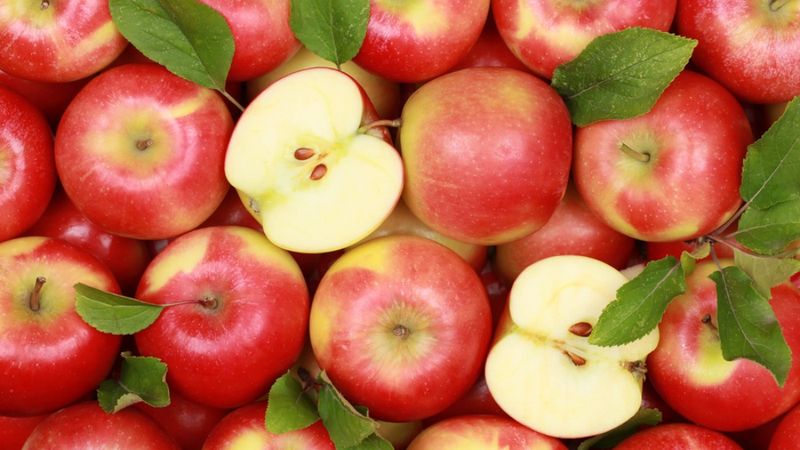
US-origin apples, known for their crispness and sweetness, are banned in some regions due to diphenylamine (DPA). This chemical, used to prevent apple scalding during storage, is restricted in the EU over cancer concerns.
Despite the appeal of American apples, the potential health risks associated with DPA have led to cautious approaches abroad. The decision to ban reflects a commitment to stringent food safety standards, highlighting the complexities of balancing agricultural practices with consumer health priorities.
Flame Retardants in Soft Drinks
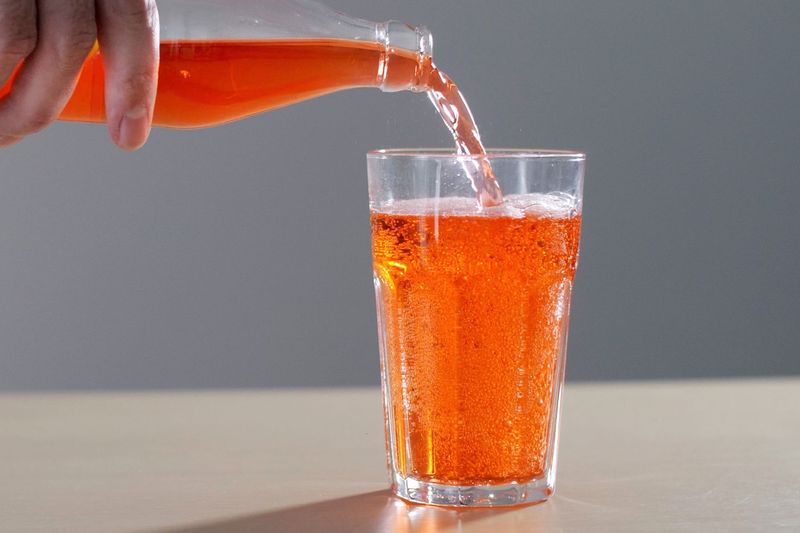
Flame retardants in soft drinks, specifically brominated vegetable oil (BVO), are banned in parts of Europe and Asia. BVO, used to stabilize flavors in citrus beverages, has raised health concerns due to its potential accumulation in the body.
Countries enforcing bans prioritize consumer safety, opting for alternatives to mitigate risks. Despite the popularity of these drinks, the presence of chemical additives like BVO underscores the ongoing debate over food safety regulations. Efforts to find safer formulations continue as global markets adjust to varying standards.
Olestra
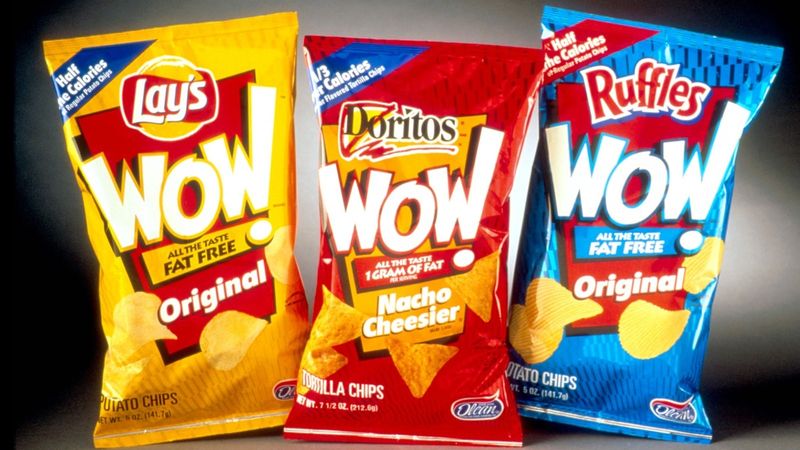
Olestra, once celebrated as a fat substitute in snack foods, faced bans in countries like the UK and Canada. Known for causing gastrointestinal issues, it drew criticism despite its promise of guilt-free indulgence.
The additive, used in products like fat-free chips, led to digestive discomfort for some, prompting a cautious approach by health agencies abroad. While it offered a solution to reduce fat intake, the side effects outweighed the benefits for many, leading to its decline in popularity and regulatory acceptance.
Ractopamine in Livestock
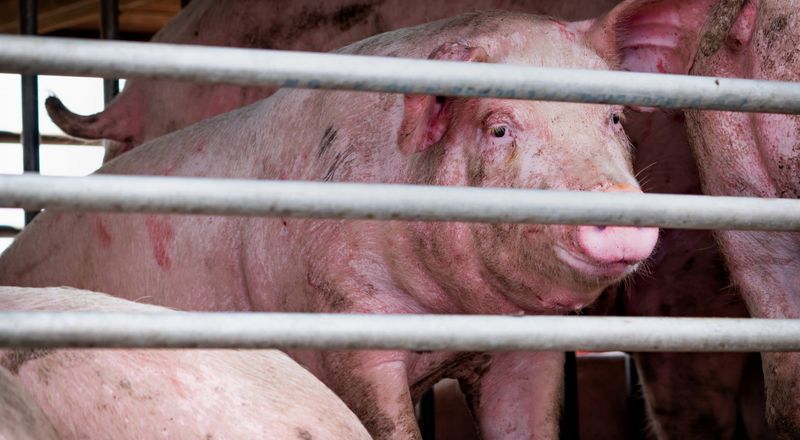
Ractopamine, a feed additive used in American livestock to promote leanness, is banned in over 160 countries, including the EU and China. Concerns arise over its impact on human health and animal welfare.
The additive’s presence in meat products has led to international trade disputes, as regions prioritize consumer safety and ethical farming practices. The debate over ractopamine reflects broader challenges in harmonizing food safety standards globally, influencing market dynamics and agricultural policies.
Haggis
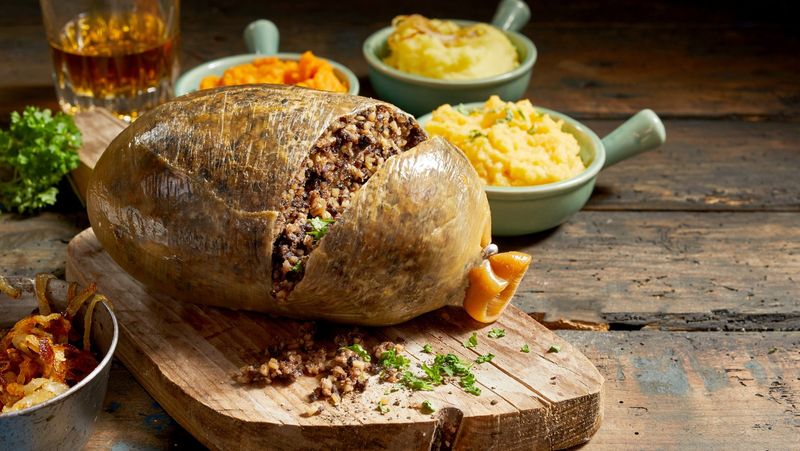
Haggis, a cherished Scottish delicacy, is banned in the U.S. due to the inclusion of sheep lung. While celebrated in Scotland for its rich flavors and cultural significance, American regulations prohibit certain organ meats.
The ban reflects differing food safety standards and cultural perceptions of food ingredients. Despite its absence in the U.S., haggis remains a symbol of Scottish heritage, sparking interest and curiosity among food enthusiasts. The dish’s unique preparation and historical roots continue to captivate culinary adventurers worldwide.
Twinkies

Twinkies, with their golden spongy cake and creamy filling, evoke nostalgia for many Americans. However, this beloved snack is banned in several countries due to its high content of trans fats and artificial additives. These ingredients are linked to health concerns, prompting stringent regulations overseas.
In countries prioritizing healthier food standards, Twinkies fall short of compliance, leading to their exclusion. Despite their delicious allure, the snack’s formulation conflicts with international health guidelines.
A quirky fact: Twinkies have been rumored to last forever, but even this mythical shelf life couldn’t save them from global scrutiny.
Leave a comment